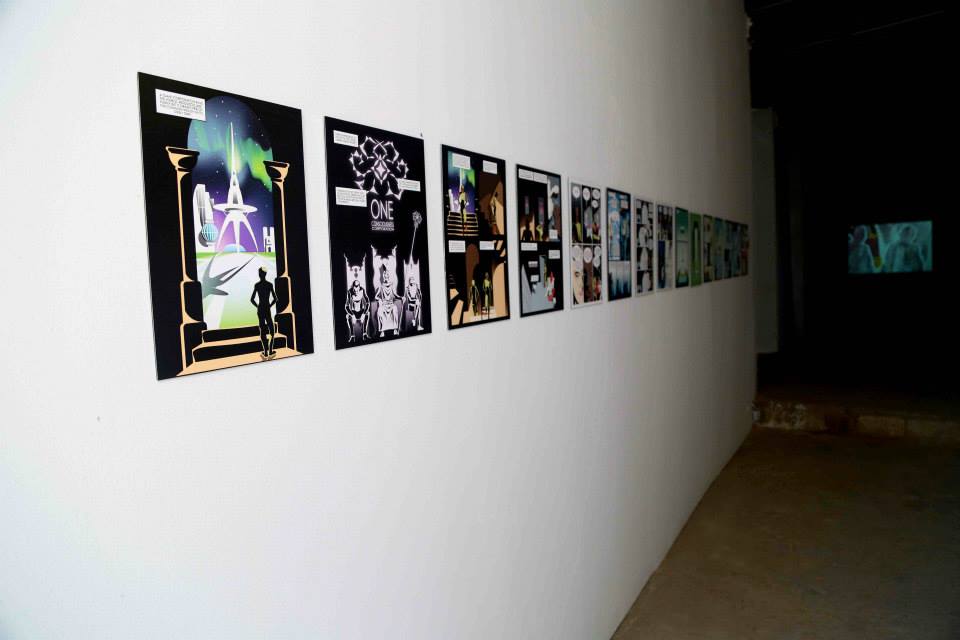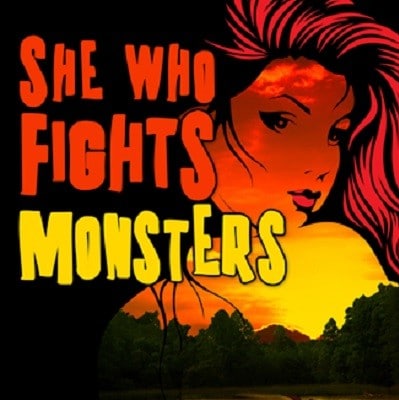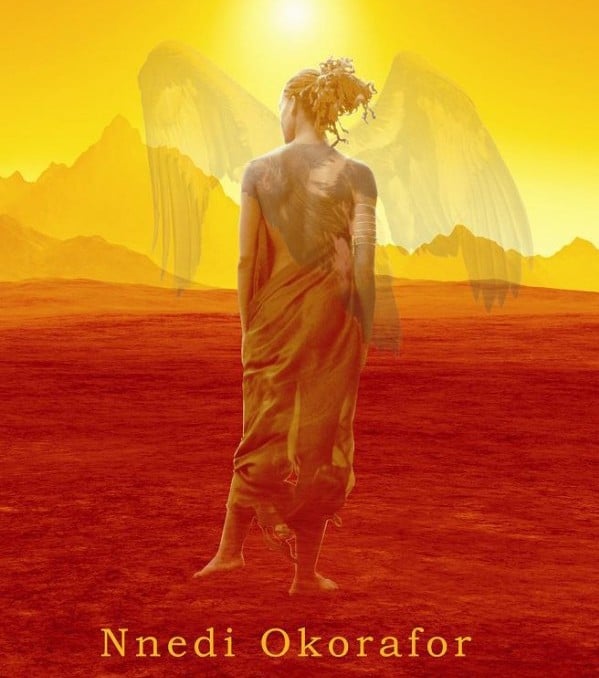At some point, nearly every child had dreams of being a superhero.
The most compelling conversations on the playground centered around what superpower would be the coolest to have or debating the end result of an epic Superman versus Batman battle.
It was action and fantasy that drove most children to have superhero-filled dreams.
For Milumbe Haimbe, that wasn’t the case.
Haimbe also shared a deep desire to become a superhero, but it wasn’t about a cool costume or unleashing vengeance on the evil villains of elementary school.
It was about the possibility of creating and defending a world of peace, a world of economic equality, a world free of stress and depression. She wanted to be the heroine who created a world that was essentially the exact opposite from that of her own.
“I grew up in Zambia in the 1980s, an era that marked the beginning of the country’s worst economic crisis,” she wrote in a special post for CNN. “My childhood memories are of a prolonged state of emergency that was characterized by acute food shortages and an economic decline where the basic needs of the average Zambian family were barely met.”
That very real universe that created Haimbe’s reality left her, her siblings and her close friends working to develop an extraterrestrial language that might be able to reach some of the most popular superheroes of the time.
“Our goal was to send an SOS out to the superheroes in the galaxies,” she added.”…[P]erhaps a spaceship would come down to Earth to save us from our dreary lives and carry us into outer space.”
With so many popular heroic figures to choose from, Haimbe had no idea if it would be Superwoman or the Incredible Hulk rescuing her and her siblings from their “dreary lives.”
What she did know was that the hero would probably be a male and would definitely be white.
At least that’s what mainstream America would want her to think.
The creative spirit inside her grew into an impassioned woman who knew it was about time that younger women in Africa had a young, Black super-powered girl to aspire to be like some day.
So Haimbe created Ananiya.
Ananiya is a 17-year-old girl who joined a fictional resistance at the age of 13 in Haimbe’s graphic novel “The Revolutionist.”
“The Revolutionist” is still described by Haimbe as a “work in progress.”
The series will follow Ananiya as she navigates the complexities of a distant future that is still far too much like the past.
“As the masses are thrust into a state of emergency, Ananiya’s world is characterized by curfews police raids, censorship and propaganda,” Haimbe continues. “Will the revolution overcome? With this literary and visual offering, I describe a world that is both like — and at the same time very much unlike — our own. As a young, Black female, my protagonist, Ananiya, is the most unlikely hero for the revolution.”







